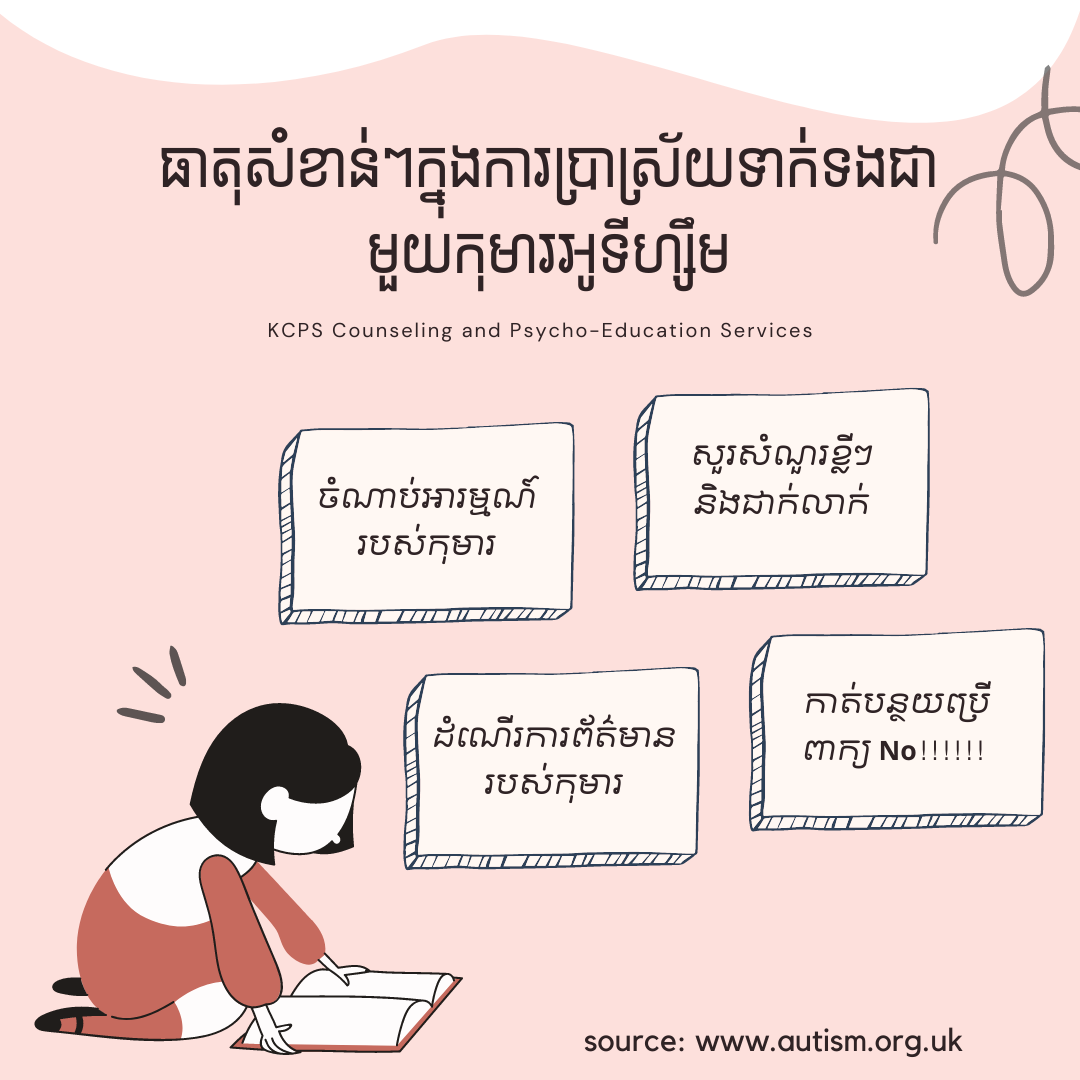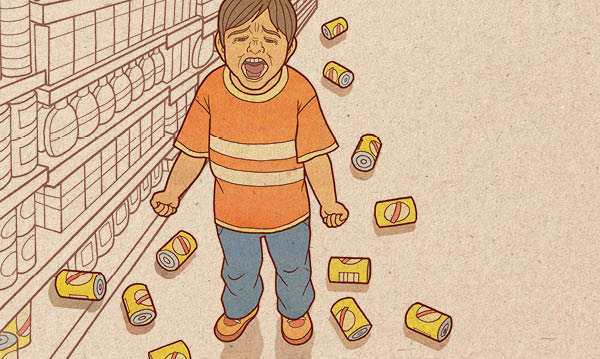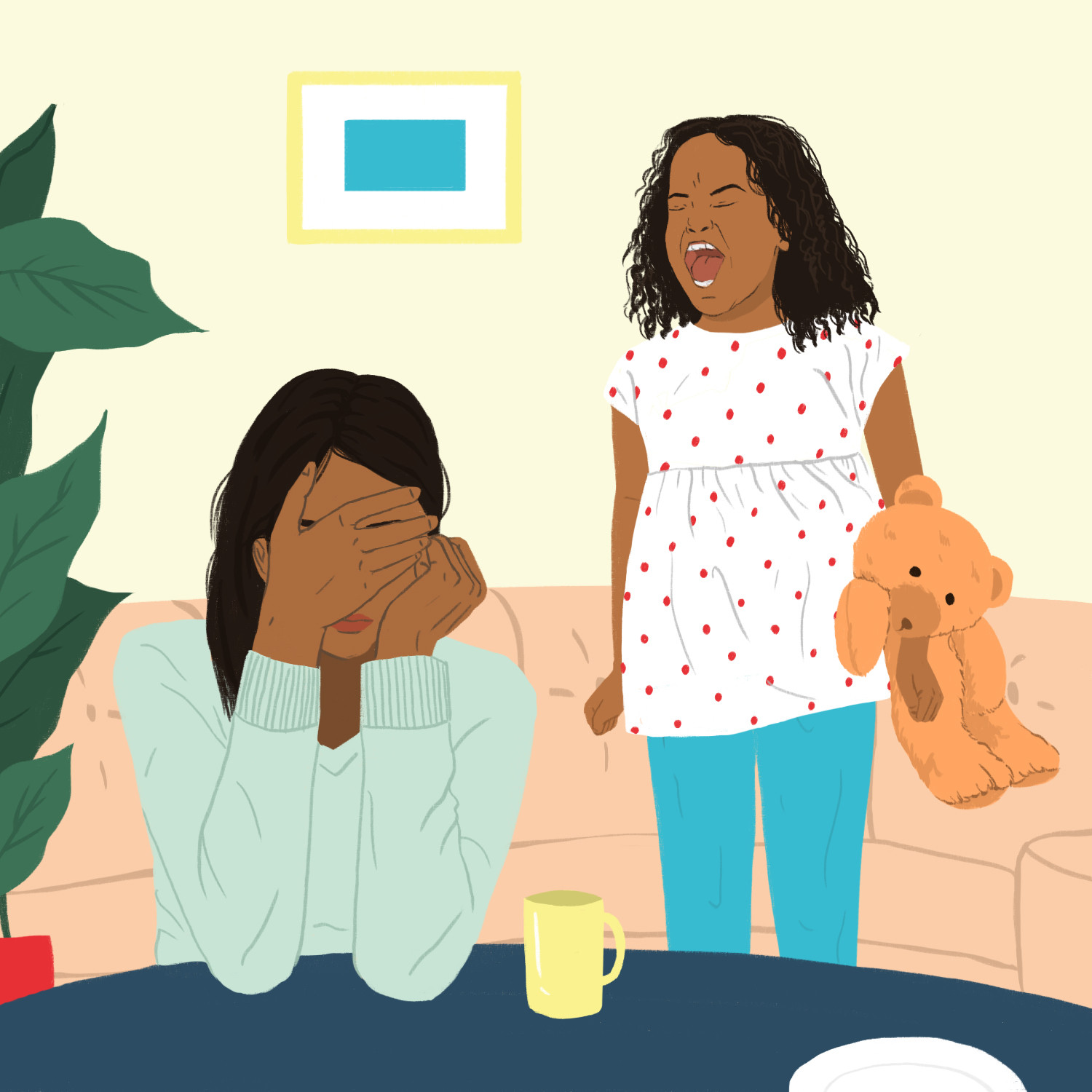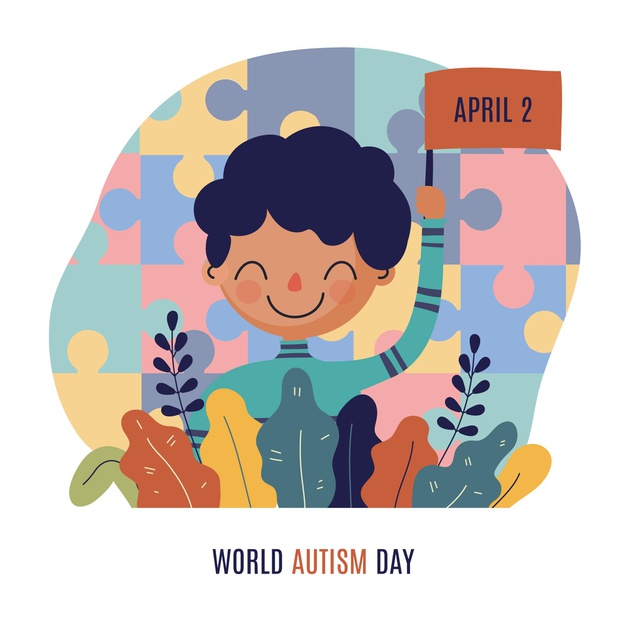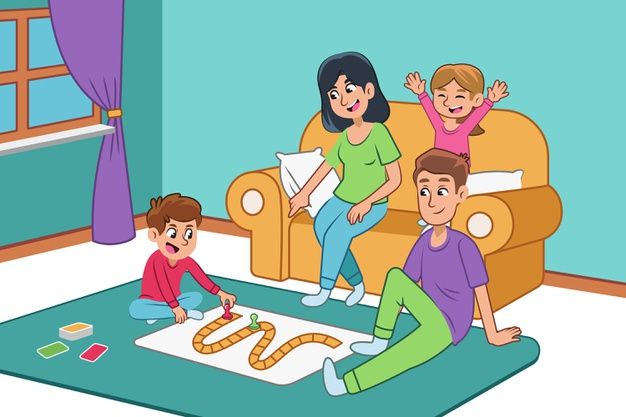Dealing with a teenager is not easy. Behavior problems are common in teenagers. But you can deal with them with ease if you are willing to put in the effort to understand what they are going through and what it is that they need from you.
- Risky Behavior In Teenagers
Teenage behaviors which can lead to self-harm or physical and psychological damage are considered as risky teenage behaviors. Keeping a close eye on your child can help you curb the issue before it blows out of proportion.
Teens are increasingly indulging in alcohol, drugs, and sex long before they reach the legal age. Don’t be surprised if you find that your 15 or 16-year-old has started to drink socially and is sexually active. If you find that your child’s friends and classmates are also indulging in such activities, then it is safe to assume that it is “normal” teen behavior, and not a physical or mental illness. It is easy to get addicted to these vices. Substance abuse can often lead to depression, liver failure, and other chronic diseases (1). Alcohol and drug addiction may be difficult to recover from.
Solution:
One of the most effective ways to prevent alcohol or drug abuse is to talk about it. Talk to your teenager calmly and explain why they shouldn’t be indulging in drugs, alcohol, or sex early in their life. Avoid an accusing tone when you bring up the issue, and try to be friendly.
Children are also at the risk of taking alcohol without their knowledge. Sometimes, teens worry that not having alcohol or drugs is uncool and may be under peer pressure to say yes to it. To avoid that, teach your kids early on how to say no to alcohol or drugs when someone offers it to them.
Your teenager may get angry with you often and for reasons that are incomprehensible. They may become argumentative and talk back more than they did when they were kids. Understand that anger is a normal human emotion, and it is common among teens. But if they don’t channelize their anger properly, it can become aggression and result in violence, which can be dangerous to them and others.
Solution:
Parents often react to an angry, shouting teen by shouting back. In fact, your teen may feel pushed to a corner and become even more aggressive when you try to dominate him.
The only way to calm an angry teen is to be calm. Find ways to control your anger and listen to what your teenager has to say. Avoid arguments as far as possible and let your teen vent out all the anger. Once they run out of things to say, they will calm down. Encourage them to talk to you when there is a problem instead of bottling it up. Teach them healthy ways to express anger rather than being aggressive or violent.
It can be devastating for parents to find that their child has lied to them, or has not revealed everything. The truth is that their new sense of independence makes it seem unnecessary for them to tell you everything. Also, the fear of being judged and punished may force your teen to lie, which could become a compulsive habit if not nipped in the bud.
Solution:
Honesty is a trait that you should encourage your children to build. Teach them to tell you the truth, by setting an example for them. Have an open channel of communication with your kids, which allows them to share anything and everything without hesitation. When kids see their parents being truthful and honest about everything, including their mistakes, they will learn to do the same.
Avoid being judgmental. If you point out flaws in everything and correct every mistake they make, they may fear that you will never approve of them, and may stop sharing and communicating with you.
- Defying Rules And Arguing
Teenagers are rebellious. They may not always want to do what you tell them to and would want to see the extent to which they can defy you. When teenagers argue with you and refuse to obey rules, do not punish them and act like a tyrant as it makes them more stubborn. They break rules more often. They may refuse to do chores, and talk back all the time.
Solution:
Teenagers are confused and need guidance to stay on the right path. They need limits to help them stay in control.
Make the consequences clear if they defy the rules and enforce them, regardless of how trivial the issue may seem. Your teenager will know that you are serious about the rules, and that will instill a sense of discipline in them.
You could also involve them in setting rules and punishments. This way they would clearly know what they are in for, if they go out of bounds.
Remember that as your teenager gets older, it is normal for them to want more independence. This is part of them getting ready to leave home, so try not to take their behavior personally and remember this is part of what they need to do.
Your teenager is not talking to you as much as you would want him or her to. But think about it, did you talk to your parents all the time as a teenager? Probably not. While you may want to know about everything that happens in your child’s life, it is not a reasonable ask for a teenager.
Solution:
If you force your teenager to tell you everything, they may end up fabricating stories to please you, which is not what you want. Accept that your teenager will not tell you everything. However, do let them know that they must inform you about all of the important events of their lives as you are the guardian. Emphasize that you’d like to know what’s happening in their life only because you care about them and want to make sure they are happy.
Teens are often confused and indecisive because of the physical and emotional changes they go through Whether it is something as simple as what to wear to school or something as important as what college to pick, your teenager may seem to have a tough time making a choice. Indecisiveness may also be a sign of depression although not always.
Solution:
Teenage is the right time to introduce decision-making skills. Teach them different ways in which an option can be evaluated or gauged to make the right choice. Make sure that you do not, in any way, put them down or laugh at them for not being able to make a simple choice. Also, avoid the temptation to make the choice for them. If you offer too much advice, they may end up making the wrong choice just to be defiant or prove that they can make decisions too.

 ភាសារខ្មែរ
ភាសារខ្មែរ
 English
English
